New Year 2022 has dawned, but an old detrimental mentality about the "decoupling" of China and the United States perhaps continues to linger.
However, hard facts, as well as outcries from the people, the business circle and economists have spoken out loud against any such possibilities.
Here's some food for thought one could espy before chanting "decoupling" between the world's two largest economies.
-- China and the United States are deeply intertwined in terms of the economies
Trade frictions in recent years had limited impact on economic activities between the two sides, which enjoy a high degree of economic complementarity.
Trade value between the two countries grew 20.2 percent last year, defying headwinds from the pandemic and a fragile global economic recovery, official data showed.
Bilateral investment maintained momentum. A survey by the American Chamber of Commerce in China last March showed two-thirds of the surveyed firms intend to increase their investment in China. Another survey of 183 Chinese-funded companies in the United States conducted last July, found that 65 percent of respondents would reinvest profits generated in the United States in expanding businesses there.
"While some voices in Washington talk about 'decoupling,' it would be foolish to think we can separate our economy completely from China without enormous costs," wrote Joseph S. Nye, dean emeritus of Harvard University's John F. Kennedy School of Government, in a guest essay published in The New York Times last November.
-- People suffer higher living costs due to rise in tariffs
Businesses and consumers are feeling the worst pinch from decoupling attempts. Tariff hikes on Chinese goods have cost American importers over 110 billion U.S. dollars for the so-called "Section 301" tariffs on Chinese goods, stated a November letter addressed to U.S. Trade Representative Katherine Tai and Treasury Secretary Janet Yellen from two dozen U.S. business associations.
A Foreign Policy article co-written by two American scholars and published earlier this month pointed out that the U.S. tariff increase raised the costs of Chinese-made goods for U.S. consumers by as much as 80 billion U.S. dollars in 2018 alone.
Under pandemic strains, the United States is experiencing a biting inflation level. Yellen said in an interview last December that the tariffs of up to 25 percent on hundreds of billions of U.S. dollars worth of annual imports from China "do contribute to the higher prices in the United States," and that lowering these tariffs could help ease some inflationary pressures.
-- China-U.S. cooperation is needed to confront global challenges
The pandemic, climate change, inequalities, to name a few, are among the world's most pressing problems that demand joint efforts of China and the United States.
To advance the global fight against COVID-19, analysts say that the two sides should share data, maintain transparency, work together to increase vaccine manufacturing, as well as enhance equitable distribution of doses.
The international community has also been calling on China and the United States, two major greenhouse gas emitters, to work closely on climate change, in hopes that it will galvanize collective global action.
Nobel laureate A. Michael Spence said in a speech via video link at Peking University in December that reducing emissions requires the free and frictionless flow of technology. He expressed sincere hope that China and the United States, along with other countries, can collaborate to address this.
A positive step has been made last November. In the final days of the 26th session of the Conference of the Parties to the United Nations Framework Convention on Climate Change, the two sides issued a joint declaration on enhancing actions on climate change in the 2020s.
-- A global economy decoupled from China is unimaginable
With its undeniable market size and promising business opportunities, China's economy has forged closer links rather than decoupling from the rest of the world.
The Regional Comprehensive Economic Partnership effective this year offers a glimpse of how China builds stronger ties with other economies. The world's largest trade pact comprising China and 14 other countries has seen lowered tariffs and is expected to boost the integration of industrial, supply and value chains among the members.
The country has opened its doors wider to foreign firms, and its efforts have been acknowledged. The foreign direct investment into the Chinese mainland, in actual use, expanded 14.9 percent year on year to a record high of 1.15 trillion yuan (about 180.6 billion dollars) in 2021, official data showed.
China has a special draw on some foreign investors. A report from British think tank Oxford Economics last October said that no U.S. firms interviewed are prepared to open factories elsewhere to replace Chinese facilities.
As China advances towards the vision of common prosperity, the number of middle-income earners is expected to grow, creating enormous demand for high-quality products and services and thus presenting business opportunities for companies from the rest of the world.
Chinese consumer remains the most important economic development issue for China, and the world economy, for the next decade, former Goldman Sachs chief economist, Britain's Jim O'Neill, said.










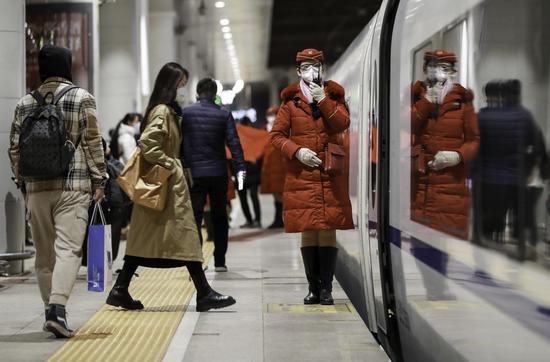



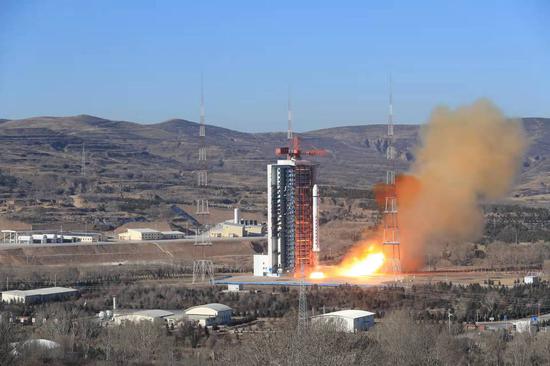




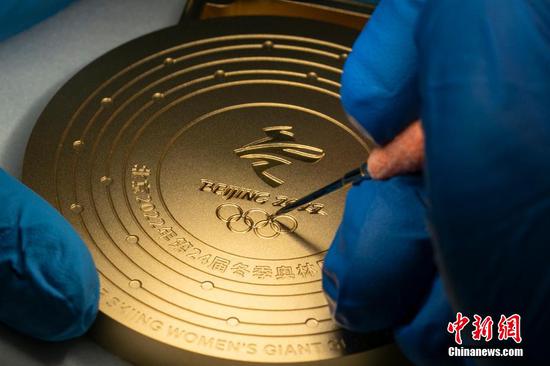


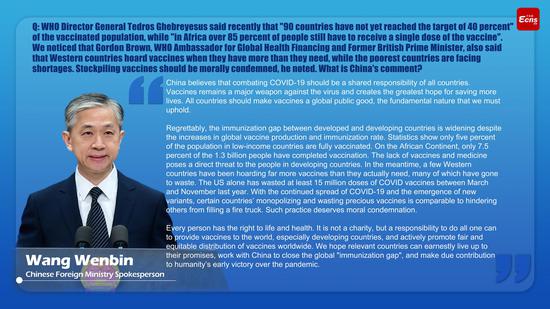



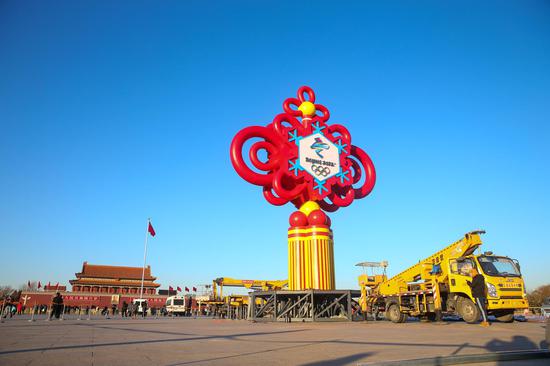


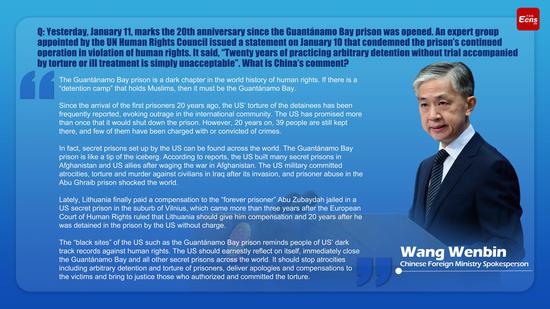
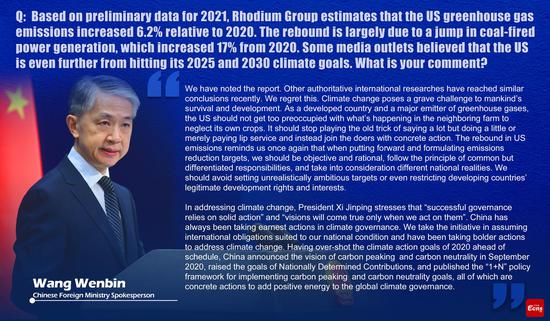










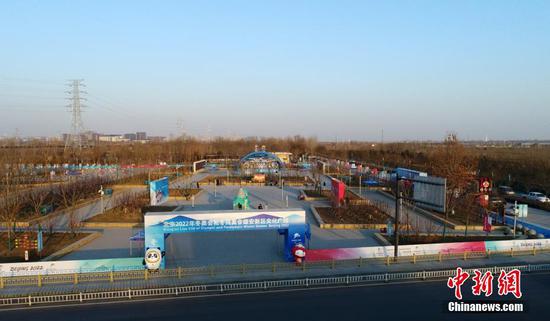








 京公网安备 11010202009201号
京公网安备 11010202009201号